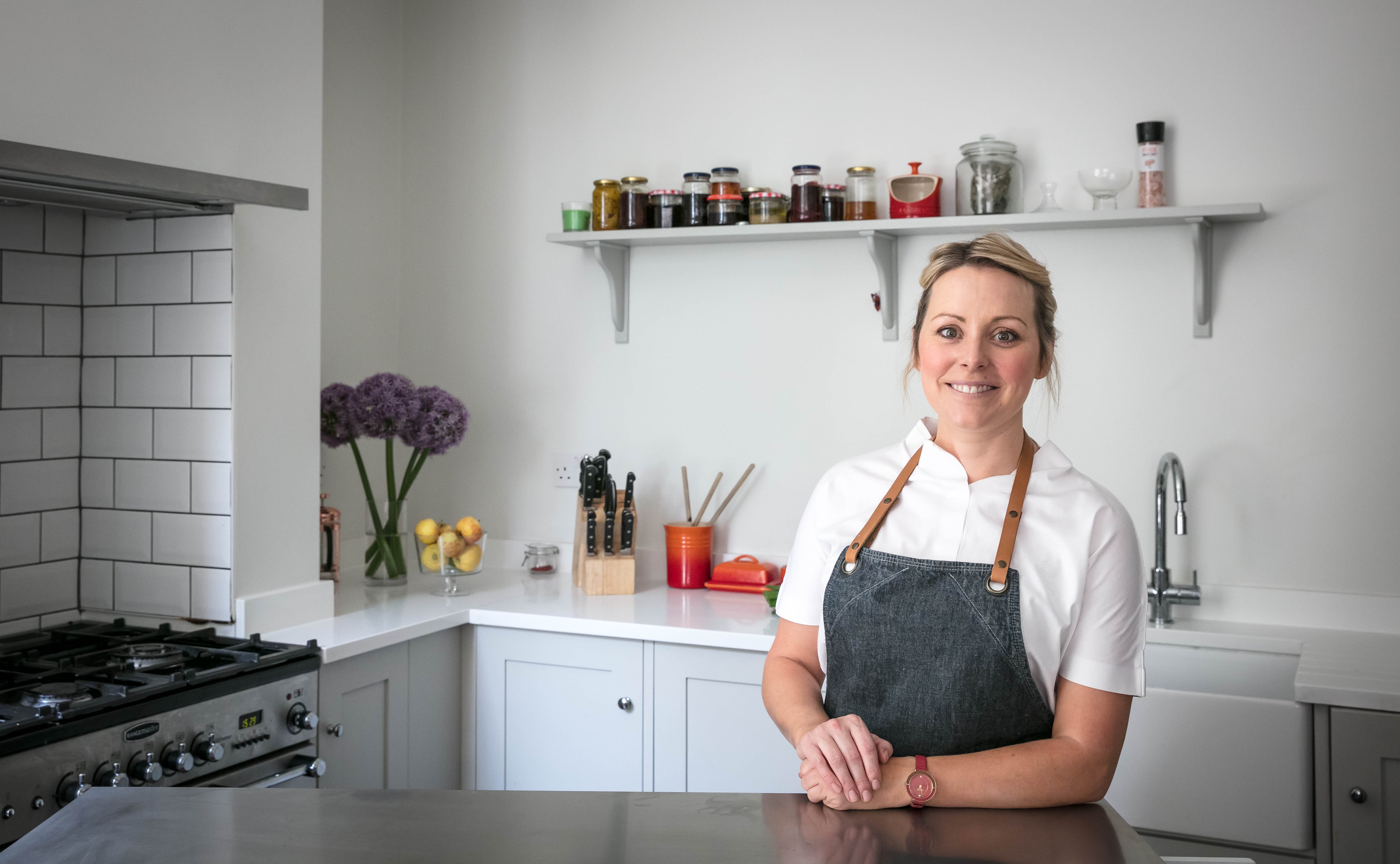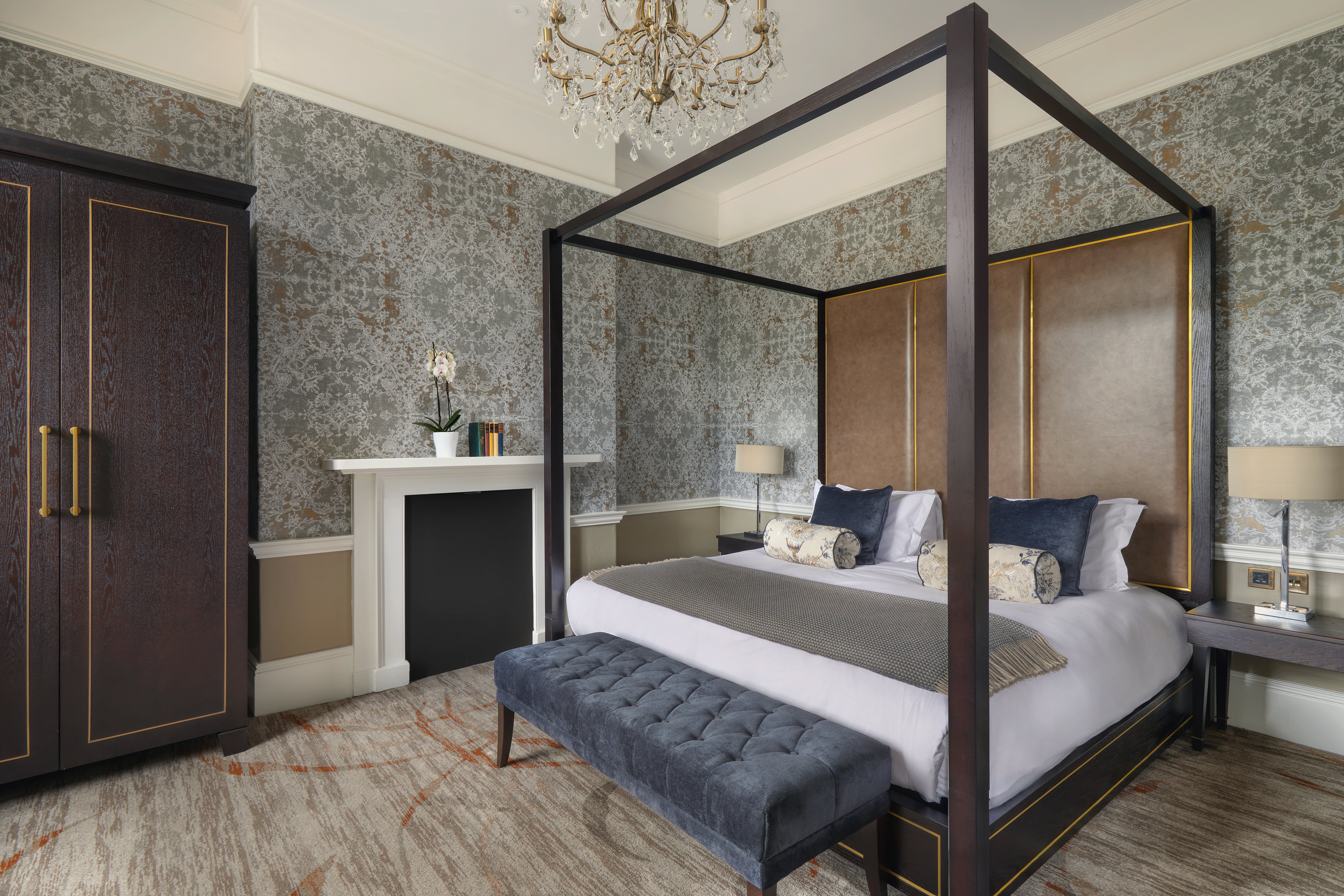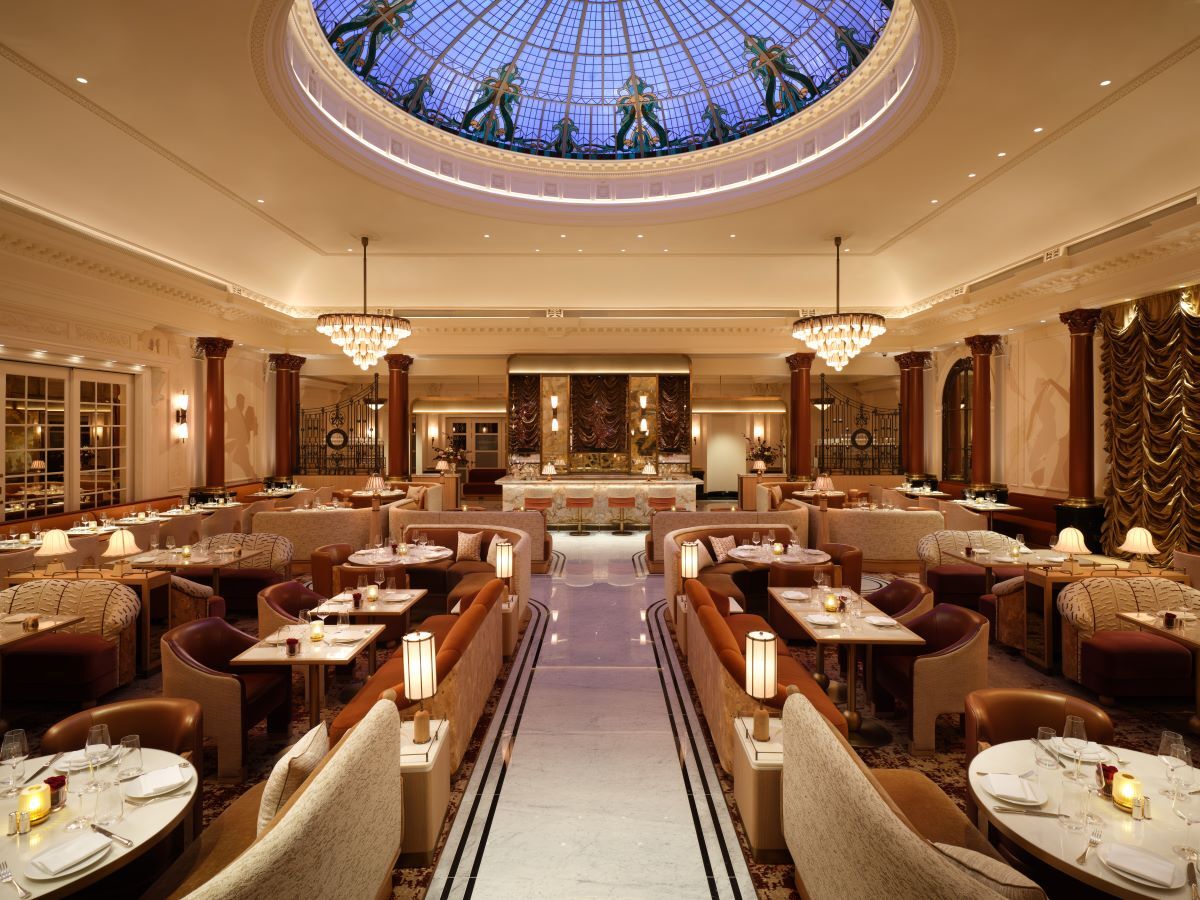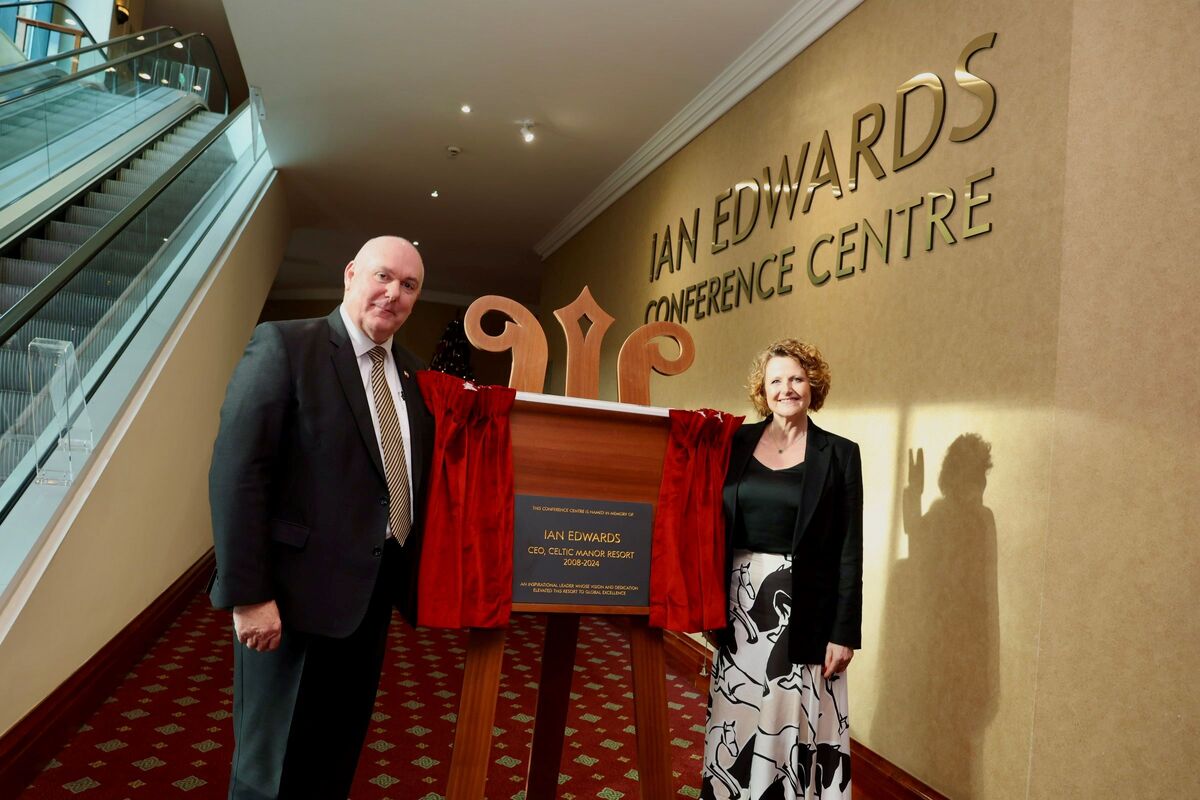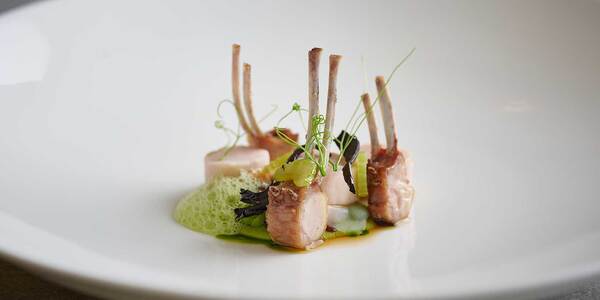Reviews: Kate Leahy finds out if the Buxton Crescent has been worth the wait
Kate Leahy of The Guardian heads to the Peak District to see if the Buxton Crescent hotel and spa has been worth the wait
Having finally reopened as an 81-bedroom hotel and spa at the beginning of the month after a 17-year, £70m renovation, does the Crescent still have pulling power? The short answer is yes. Despite opening in the middle of a pandemic and to overnight guests only (no spa day visitors are yet allowed), the hotel has seen a surge in bookings, I’m told, with some nights already fully booked.
In the spa, which includes the original thermal pool surrounded by Victorian cast-iron pillars, a new stained-glass dome casts a warm light across water naturally heated to 27.5ºC. (The pool is drained, cleaned and refilled daily.) Nearby, there’s a relaxation pool beneath twinkling mood lights and upstairs an indoor/outdoor hydrotherapy pool. A good tip for those staying more than one night is to visit the spa around 11am when other guests are checking out – you’ll have it pretty much to yourself.
Elsewhere, there’s a salt cave (good for respiration), three saunas (Finnish, biothermal and infrared) and two steam rooms (traditional and aroma) that have just reopened for bubble or solo bookings. Treatments include therapeutic options such as a CO2 mineral bath to aid circulation, an underwater jet massage for reducing tension, and a therapeutic hot mud bath said to be great for aching joints.
In the loft rooms, wooden beams add a homely warmth, and freestanding baths sit in windows under the eaves, overlooking the stone balustrade. Downstairs bedrooms have high ceilings, large sash windows and, for a bit of zhoosh, twinkly chandeliers. There’s no double glazing and you can hear the odd patter above, but few will have trouble sleeping in the impressively comfortable beds.
The only negative was in the restaurant. I enjoyed a dinner of leek and potato soup, lemon sole with new potatoes, and Eton mess – all excellent. But while the staff are lovely, there were a few problems with the service which need to be smoothed out. At breakfast I overheard numerous complaints over waiting times and small details, such as offering a choice of tea.
Price: doubles from £125
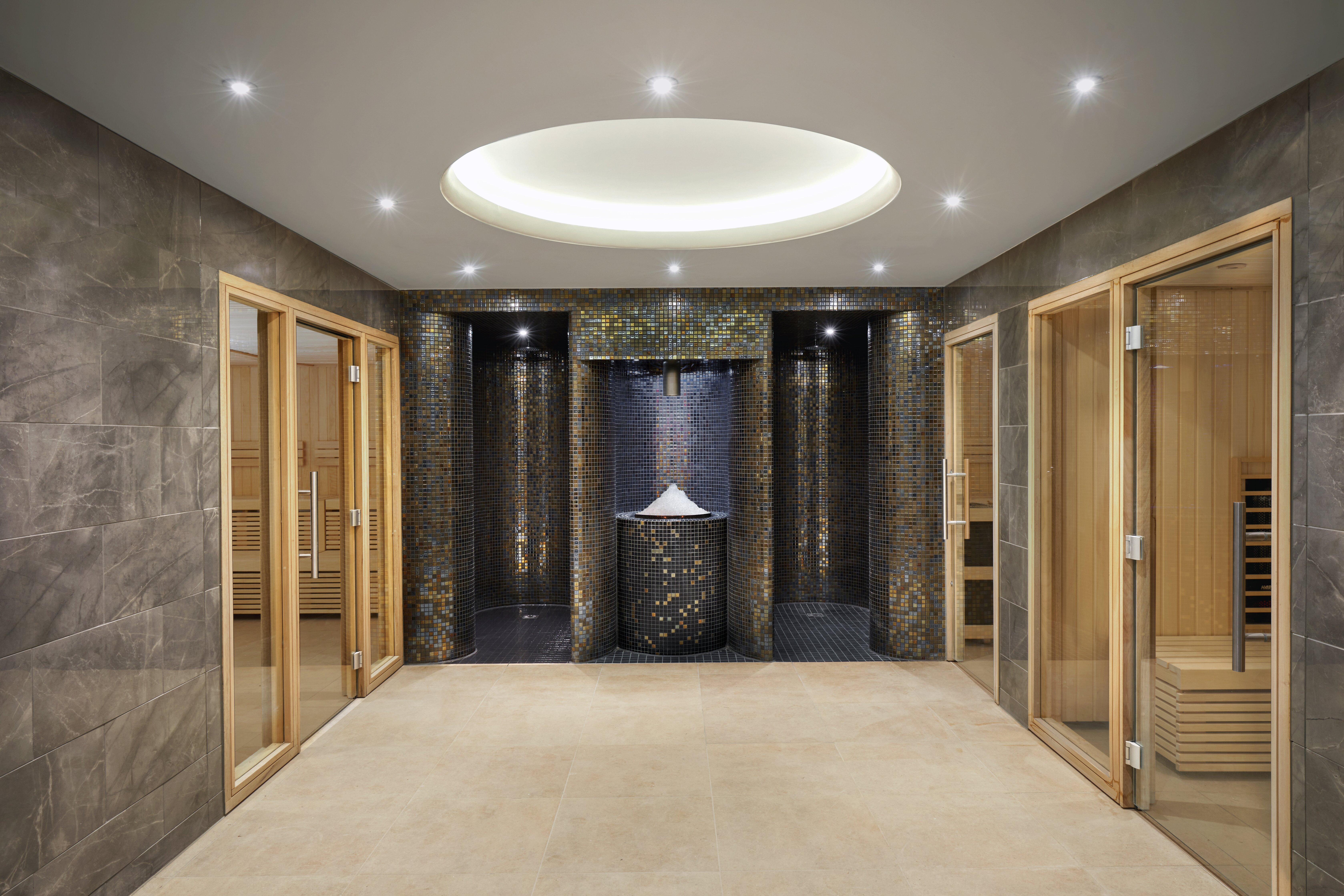
Marina O’Loughlin of The Sunday Times is ready to join the cult of Tillingham in Peasmarsh, East Sussex
This is Tillingham, a vineyard that does things differently. Like many of the other wine growers round these parts, it has created a hospitality arm, with a restaurant, bar, wine shop and rooms; unlike them, it looks as though it has all grown organically, like its fruits.
Dinner is served in a beamed, airy upper room with windows gazing down over the vines to the sea; everyone seems to eat together: it’s a set, four-course and changing-on-a-whim menu. No communal tables, though: praise be.
There’s sweetcorn soup… it’s pale, thin – looks like a shrug of a thing. Instead, topped with almost crunchy, tiny dice of lardo and razored red chilli, it’s a play on textures and flavours, creamy, subtle, porky, tongue-tingling. With it come slabs of fabulous springy focaccia, salt crystal-studded and oozing good oil.
Thick chunks of pink rib of Angus beef next, carnally draped over wilted greens and brown butter potatoes, a slick of anchovy and parsley almost-salsa verde on top. Let my obituary read: “She died after a surfeit of brown butter potatoes.” The vegetables taste as though they’ve been pulled out of the surrounding terrain minutes earlier.
Everything about Tillingham has the air of a benign cult devoted to the earth and its fecundity, evangelical about natural farming and bio- dynamic viniculture.
Price: four courses, £42
**The Financial Times’ Nicholas Lander finds fun and creativity at Myrtle in London’s Chelsea
The menu is Irish. On the left, there is a tasting menu with dishes from seven Irish counties. On the right, à la carte. Two of the first courses were exceptional, perfectly expressing both a sense of place and Haugh’s technique.
The first was Irish Carlingford oysters with lemon and dill. These plump beauties are washed briefly and topped with a three-day marinade of lemon zest and the house vinegar. The second was Clonakilty black pudding. This exceptional dish is made from beef rather than pork, cooked and mixed with a light chicken mousse and egg whites, before being encased in butter and wrapped in “potato spaghetti”. The result of the two-day process is comfort food of the highest quality.
The main courses presented different attractions. There was the smoked-mackerel chowder with the crusted hake; the Dingle pie, a smaller version of a Cornish pasty, with the lamb; and the mashed potato and carrot with the simple but hugely popular dish of bacon rolled in cabbage leaves and served with an unctuous parsley sauce. Alongside all this, we enjoyed an extremely well-seasoned dish of colcannon, the Irish combination of mashed potato and cabbage.
Fun is an essential ingredient in the desserts: a burnt cream came up flaming from the kitchen; a chocolate mousse was enlivened by a Guinness sponge and Carrageen moss, a seaweed.
Price: starters, £11-£13; mains, £26-£33; seven-course tasting menu, £75
